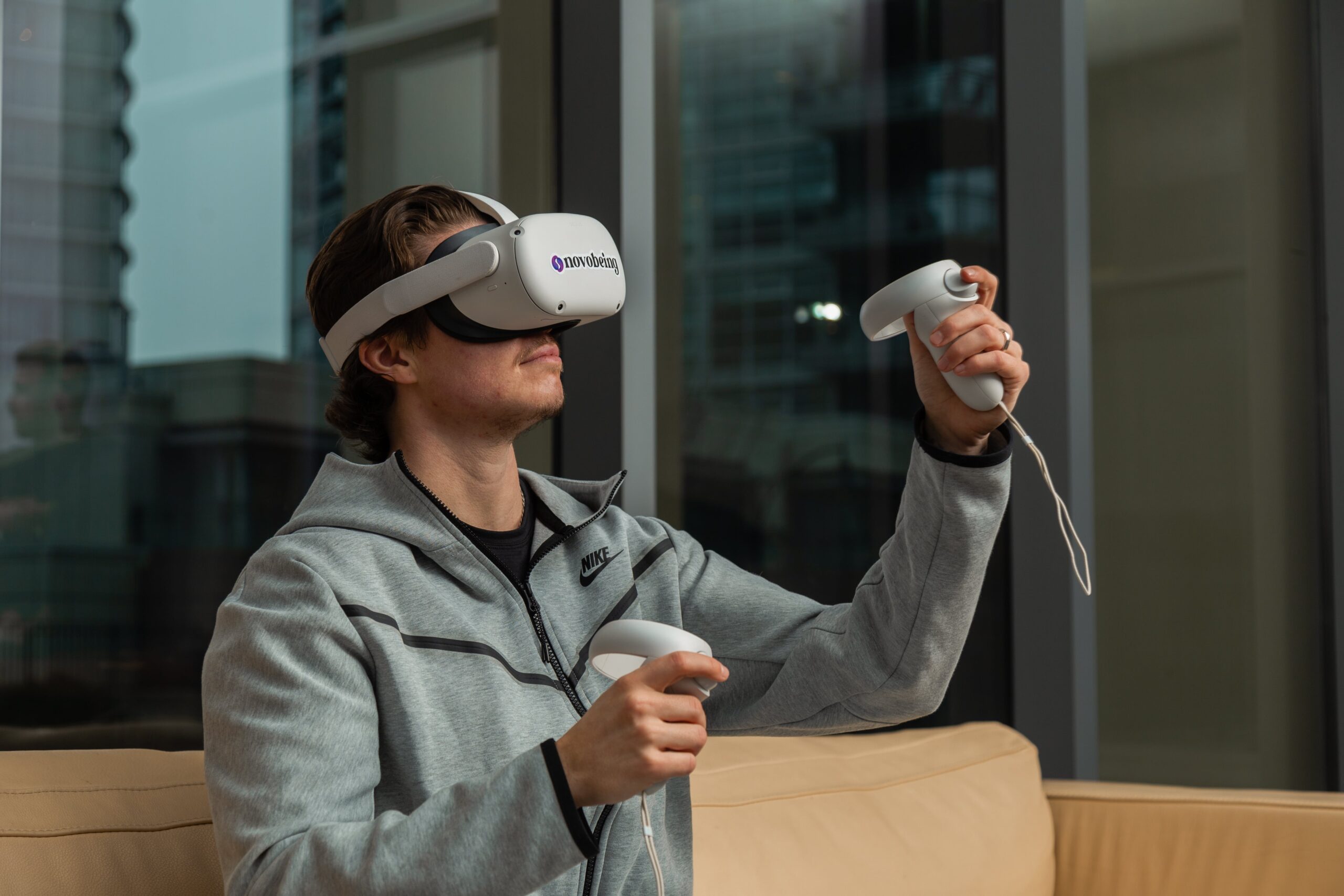A recent study uncovered some exciting findings about using virtual reality (VR) to help treat major depressive disorder (MDD). Researchers discovered that by integrating extended reality (XR) into behavioral activation therapy (XR-BA), VR interventions could be just as effective as traditional methods in alleviating depression symptoms.
During the study, participants wore VR headsets and engaged in a range of activities, like playing VR board games and dancing. Not only did these activities help reduce depression symptoms, but they also made the treatment process more enjoyable for the participants. This suggests that VR has the potential to make mental health care more engaging and accessible, marking a significant step forward in depression treatment.
Here are the key takeaways:
- Equal Effectiveness: The study revealed that XR-BA is just as effective as traditional therapy in reducing depression symptoms.
- Increased Engagement: The immersive experience of VR made the treatment process more enjoyable for participants, potentially leading to better adherence and satisfaction.
- Reduced Stigma: By incorporating cutting-edge technology like XR, mental health treatment may become less stigmatized, encouraging more people to seek help.
Recently published in JMIR Mental Health, the study, led by Dr. Margot Paul and her team at Stanford University, sheds light on the promising role of VR in MDD treatment.
MDD affects millions globally, and accessing evidence-based therapies can be challenging. Traditional treatments often have barriers, prompting researchers to explore innovative solutions. XR, which includes VR, offers immersive technologies blending physical and digital worlds. Leveraging this immersive power, the study investigated XR-BA as a potential game-changer in MDD treatment.
In a randomized controlled trial involving 26 outpatients with MDD receiving remote care, participants used VR headsets to engage in various pleasant or mastery activities. These included playing VR board games, solving puzzles, dancing, and playing mini-golf.
Though there was a learning curve with using the headset, participants reported finding the experience more enjoyable and useful over time.
Results showed that XR-BA was comparable to traditional behavioral activation therapy delivered via telehealth. Both approaches significantly reduced depression severity, as measured by the Patient Health Questionnaire–9.
The study also suggests that participants in the XR-BA group may have experienced a heightened placebo response due to the novelty of the technology and implicit beliefs about mental health treatment.
Dr. Paul remarked, “These results suggest that XR could help destigmatize mental healthcare and lower barriers to individuals seeking care. Clinicians could use XR to motivate clients to actively participate in their therapy by engaging in novel, fun, and accessible activities.”
The study highlights the potential of VR, particularly XR-BA, to revolutionize depression treatment by offering efficacy comparable to traditional therapy. This could improve treatment outcomes and address barriers to accessing evidence-based therapies for MDD, potentially expanding care for affected individuals.















































